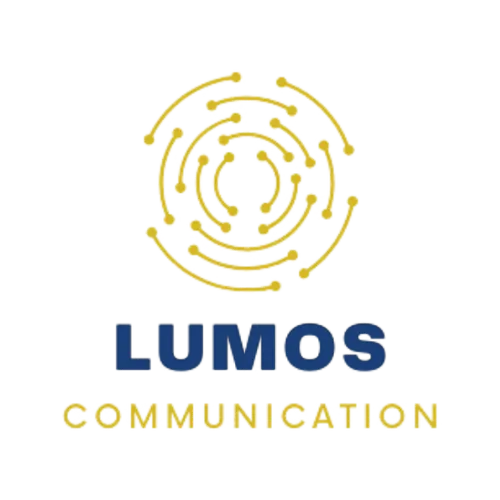
The Importance of Effective Communication in Business
How do you be a more efficient communicator in business?
Is communication important in business?
What are ways to improve your business?
The last few years have truly changed and evolved how we interact with each other in the workplace and at home. Remote work has become the norm, and its full impact has not been fully accessed. Organizational leaders have started to adapt to keep employees engaged and productive. However, employees and colleagues must understand the business’s mandate and receive communication promptly to work efficiently as a team and serve their clients, which is not always easy. On average, a person sees 3000 messages a day; therefore, developing clear messages should be at the forefront of every manager and employee. Leaders must determine the best tools and the frequency of communication to reach employees and keep things simple despite the different work arrangements.
Here are five ways to improve your business communication skills:
Be clear and concise: Avoid using jargon or technical terms that may not be understood by everyone. Use simple language and keep your message to the point.
Listen actively: Pay attention to what the other person is saying and ask questions to clarify your understanding.
Use nonverbal cues: Your body language, tone of voice, and facial expressions can convey much information. Make sure they align with your message.
Be respectful: Treat others respectfully and avoid interrupting or talking over them. Use appropriate language and avoid making assumptions or judgments.
Follow up: Confirm that your message has been received and understood. Use email or other written forms of communication to reiterate important points or share additional information.
Effective business communication clearly conveys ideas, goals, and objectives to employees, customers, and stakeholders. Good communication fosters trust, collaboration, and positive relationships between team members, increasing productivity, efficiency, and profitability.
In addition, effective communication allows businesses to respond quickly to changing market trends, customer needs, and industry developments. Without clear communication, misunderstandings can occur, leading to costly mistakes and missed opportunities. Therefore, it is essential for businesses to prioritize and invest in effective communication strategies to achieve their goals and thrive in today's competitive marketplace.
The static email doesn’t always convey our message well and scheduling meetings can take away a lot of time in our workdays. Businesses will have to become more creative to talk to their own employees and customers. For example, in-person reports could be done over a 10-minute video as opposed to an hour-long meeting. What could you change in your daily practices to become more efficient?
Anik Charbonneau
Communication and Marketing Consultant
Lumos Communication
